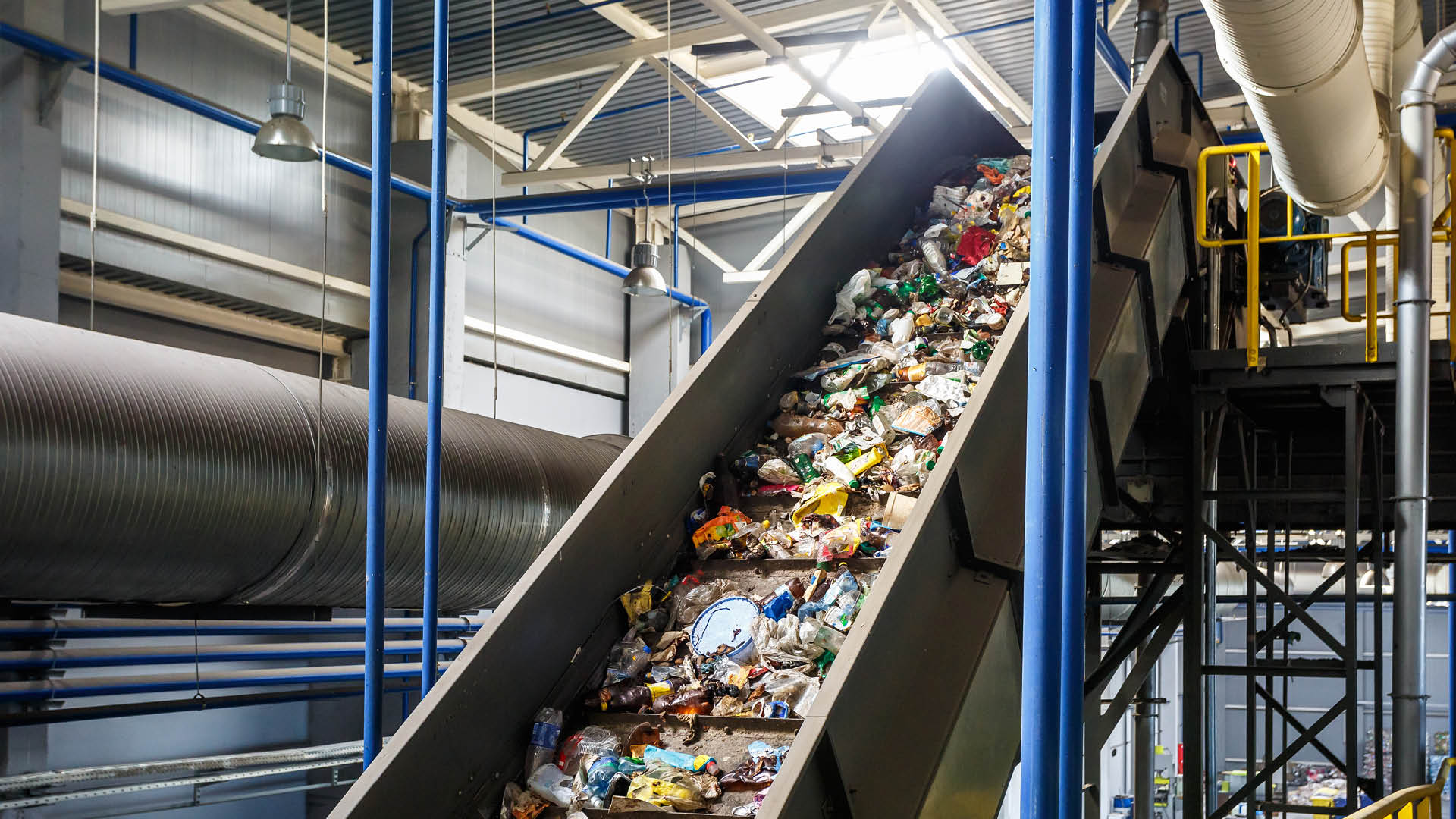The Government of Canada is establishing a Federal Plastics Registry (the Registry) as part of its comprehensive plan to achieve zero plastic waste by 2030. This initiative aims to improve plastic waste management through data collection, transparency, and harmonization of extended producer responsibility (EPR) policies nationwide. The Registry will require companies involved in the lifecycle of plastics to report annually on various aspects of their plastic products, from production to end-of-life management, and will impact a broad swathe of businesses across the country.
Federal Plastics Registry
The Registry is being implemented under the Canadian Environmental Protection Act, further to a Section 46 notice published in the Canada Gazette, Part I, on April 20, 2024. The Section 46 notice mandates reporting for calendar years 2024 to 2026.
The Registry's primary goal is to support actions that prevent plastic pollution, thereby keeping plastics within the economy and out of the environment. The government intends to use the data collected by means of the Registry to establish effective policies, guidelines and regulations to manage and reduce plastic waste, and to promote recycling and reuse. Among the Registry’s key objectives are:
- Data harmonization: standardizing data collection across provinces and territories to ensure consistency and comparability;
- Transparency and accountability: making data open and accessible by putting in place a transparent system whereby businesses must disclose their plastic usage and waste management practices;
- Performance measurement: providing comprehensive data to measure the effectiveness of EPR programs and other plastic waste management initiatives; and
- Support for EPR expansion: facilitating the development and expansion of EPR policies into new product categories and sectors.
Reporting requirements
The Registry’s reporting requirements will be introduced in phases to allow obligated entities to meet their obligations.
In addition to administrative information with respect to reporting entities, those entities will be required to report on the total amount of plastic resins and products placed on the Canadian market, collected for diversion (to sorting facilities for recycling or other disposal), recycled, reused, repaired, remanufactured or refurbished, incinerated for energy recovery, or imported/exported. Reporting entities will also be required to report on the methods used to determine the amounts of plastic reported.
The plastic resins and products to be reported on include:
- resins identified according to the North American Product Classification System (NAPCS) Canada 2022 Version 1.0 (including PET, ABS, PVC and nylon resins, to name a few);
- resin sources (including virgin fossil-based and bio-based resins, and post-consumer and post-industrial recycled resins);
- plastic packaging (rigid and flexible, filled and unfilled, including beverage containers, food contact materials, packaging for hazardous materials and other packaging); and
- other plastic products falling within the following categories and their subcategories: electronic and electrical equipment, tires, transportation, construction, agriculture and horticulture, fishing and aquaculture, apparel and textiles, and single use or disposable products.
Obligated parties
The reporting requirements apply to a broad range of entities, including:
- Manufacturers, importers and market placers of plastic resins and resin sources;
- Producers of plastic products and plastic packaging (“producers” is broadly defined as brand owners, intellectual property holders, or the first importers and distributors of plastic products);
- Generators of packaging and plastic product waste at industrial, commercial or institutional facilities; and
- Service providers for the management of plastics or plastic products (including collecting or hauling plastic waste, refurbishing, repairing, recycling, composting, incineration, landfilling of plastic products and other activities).
The reporting obligations do not apply to entities that:
- manufacture, import or place on the market less than 1,000 kg of plastic products or packaging per calendar year;
- generate less than 1,000 kg of packaging and plastic product waste at their industrial, commercial or institutional facilities per calendar year;
- manage less than 1,000 kg of plastic via the plastics management services per calendar year.
Next steps
Businesses involved in the production, importation, distribution, or management of plastic and plastic products will need to comply with the new reporting requirements beginning in 2025. This will involve determining what the reporting obligations are throughout the supply chain and who is required to report, establishing systems to collect and report the required data accurately, engaging with producer responsibility organizations which can assist with data collection and reporting, and monitoring regulatory developments and further guidance and updates from the Government of Canada. Environment and Climate Change Canada is also drafting a guidance document on the Registry to assist industry in preparing reports.
Keep an eye out for our future updates, where we will discuss in further detail the plastics targeted by the reporting requirements, and the phased introduction of those reporting requirements.









